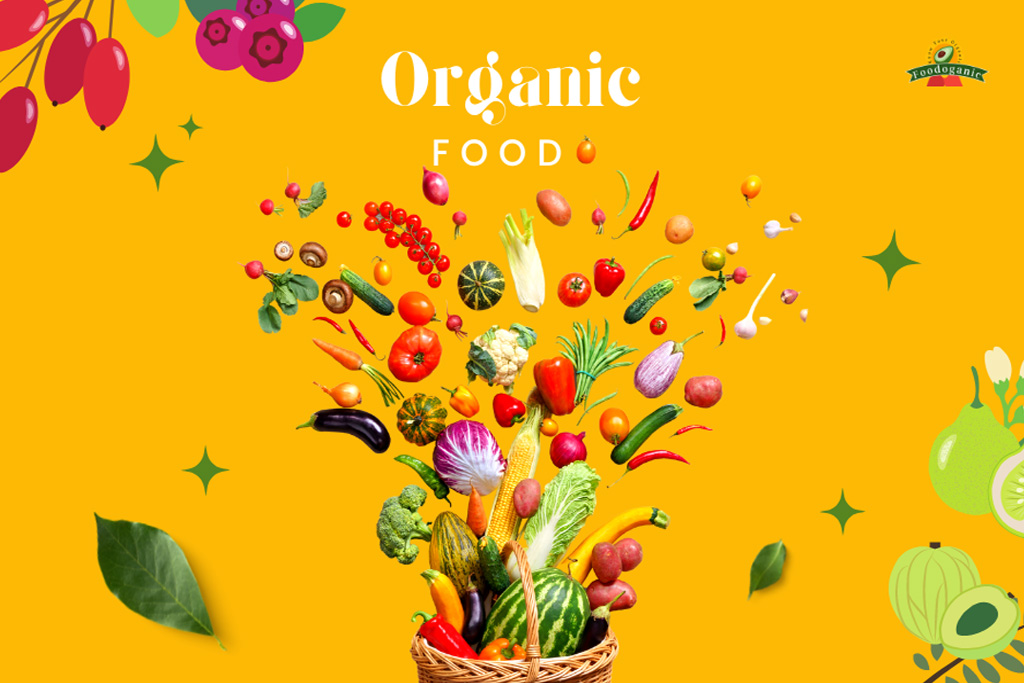Organic farming is - the farming that makes quality food, good soils, healthy plants and crop efficiency. Effective soil and farm management practices such as Cover Cropping and Crop Rotation are used which help to improve soil quality and build organic soil matter.
Increased amounts of organic matter in the soil, the soil’s ability to absorb water is enhanced. It helps in overcoming the impact of flooding and draughts and absorbing & retaining carbon and nutrients. Overall resistance to the diseases and insects is also improved a lot better.
Organic farming systems don't use Genetically Modified seeds, pesticides or fertilizers. The basic characteristics of organic farming incorporate plan and execution of an organic system plan that portrays the effective practices used in growing crops and it extends to the point of tracking the products from the farm to the point of sale. Prevention of any inadvertent contamination by artificial & synthetic chemicals is strictly maintained.

To meet the defined standards developed by different countries’ regulatory authorities organic food should have been produced without using any conventional pesticides, petroleum-based fertilizers, sewage-sludge-based fertilizers, herbicides, genetic engineering, antibiotics, growth hormones, or irradiation.
Organic farming is a comprehensive and holistic agriculture system that advances and improves agro-environment wellbeing, including biodiversity, organic cycles, and soil organic action. It encourages the use of the farming practices which are locally adapted according to the requirements of the regional conditions. This is achieved by implementing conceivable, agronomic, organic, and mechanical ways which are practically implied, instead of using chemicals and synthetic substances, to fulfill a particular function inside the system.
Organic bio-fertilizers release their nutrients gradually over time enabling nitrogen to be processed by the soil organisms and taken up by crops prior to reaching underneath the root zone. Increased amount of soil organic matter in the soil prompts better nutrient cycling and more effective water holding capacity in organically overseen soils, with the outcome that nitrate leaching from groundwater is about half a portion of that of conventionally cultivated soils.
While organic farming requires a physical disturbance for weed control to some extent, it disposes of artificial and chemical inputs and can essentially lessen tillage. Reduced tillage, cover cropping, organic modifications, and strong nutrition enhancement can upgrade carbon sequestration and create climate resiliency in Organic farming system.
Likewise less ozone depleting substances like greenhouse gases are discharged as organic farmers don't use synthetic pesticides and fertilizers, one of the essential contributors of ozone depleting substances. Solid soils assist crops with getting nitrogen, phosphorus, and different nutrients from organic soil organic matter. This diminishes the requirement for fertilizers that can compromise water quality and prevents the release of ozone depleting substances- greenhouse gases from soils.
Healthy soils form the foundation of effective organic farming. Sound soils have great structure (tilth), which allows them to assimilate and hold moisture, drain effectively, keep up with sufficient air circulation, and cultivate profound, healthy crop root systems. Such soils support crops through droughts, require less irrigation water, and go through less ponding, overflow, and erosion during heavy rainfalls.


